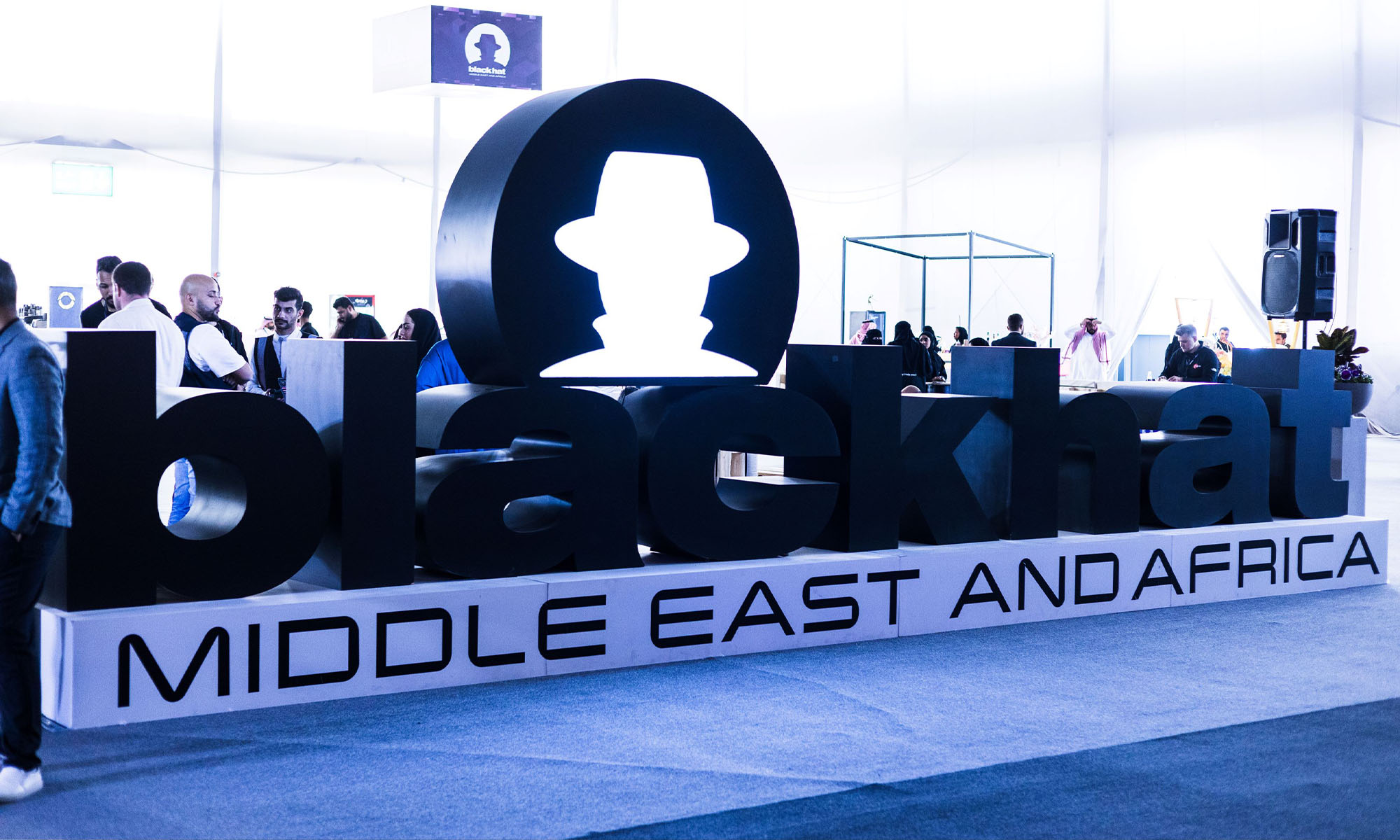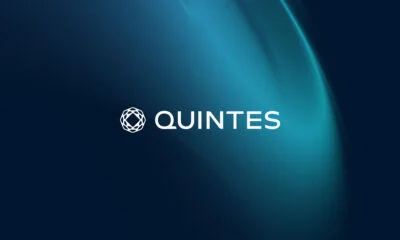News
Riyadh’s Black Hat MEA Exhibition Will Be The Biggest Yet
The event is now 60% larger and will feature a new Black Hat Campus, Deep Dive Stage, Investor Program, CyberSeed Startup Competition, and more.

Black Hat Middle East and Africa (MEA), is the cybersecurity industry’s fastest-growing cybersecurity expo, and will soon open its doors in a three-day event at the Riyadh Front Exhibition & Convention Center, November 14-16.
Black Hat MEA 2023 is the world’s largest cyber security event, with 40,000 attendees. The expo will feature 300 exhibitors and 100 speakers, all connected by the “Infosec on the Edge” theme. The conference has attracted many industry heavy-hitters, including Cisco, Huawei, Ali Baba Cloud, Palo Alto, Kaspersky, and Zscaler, whose Vice President and Chief Information Security Officer Sam Curry explained the importance of the event:
“The rapid pace of innovation among attackers demands innovation and application of new approaches to cybersecurity like ZeroTrust and applied Artificial Intelligence. That starts with a cultural nexus like Black Hat MEA in Riyadh, where we bring together the global cyber community and open the doors to the next generation because, in cyber, diversity and inclusion aren’t just the right thing to do; they are a competitive advantage and the key to the future of the digital world”.

Highlights for 2023 include a Black Hat Campus and Deep Dive Stage, where cyber experts explore prevailing cybersecurity threats, and an Investor Program, where 80 potential backers will hunt for promising startups to fund.
Meanwhile, developers will showcase open-source tools and products in a section of the center called The Arsenal. Finally, an ethical hacking Capture The Flag tournament will take place in the Activities Zone, with 1,000 participants in 250 teams using their forensic, crypto, and reverse engineering skills to grab a portion of the USD 187,000 prize fund.
Also Read: The Largest Data Breaches In The Middle East
As cyberattacks become increasingly sophisticated, public and private companies in the MEA region and beyond are coming together to search for meaningful technologies and solutions to combat them. Black Hat MEA will act as a key conduit and meeting place for world-renowned experts to share ideas and develop defensive measures.
Exhibitor and attendee registrations for the Black Hat MEA event are open now at BlackHatMEA.com.
News
Samsung Smart Glasses Teased For January, Software Reveal Imminent
According to Korean sources, the new wearable will launch alongside the Galaxy S25, with the accompanying software platform unveiled this December.

Samsung appears poised to introduce its highly anticipated smart glasses in January 2025, alongside the launch of the Galaxy S25. According to sources in Korea, the company will first reveal the accompanying software platform later this month.
As per a report from Yonhap News, Samsung’s unveiling strategy for the smart glasses echoes its approach with the Galaxy Ring earlier this year. The January showcase won’t constitute a full product launch but will likely feature teaser visuals at the Galaxy S25 event. A more detailed rollout could follow in subsequent months.
Just in: Samsung is set to unveil a prototype of its augmented reality (AR) glasses, currently in development, during the Galaxy S25 Unpacked event early next year, likely in the form of videos or images.
Additionally, prior to revealing the prototype, Samsung plans to introduce…
— Jukanlosreve (@Jukanlosreve) December 3, 2024
The Galaxy Ring, for example, debuted in January via a short presentation during Samsung’s Unpacked event. The full product unveiling came later at MWC in February, and the final release followed in July. Samsung seems to be adopting a similar phased approach with its smart glasses, which are expected to hit the market in the third quarter of 2025.
A Collaborative Software Effort
Samsung’s partnership with Google has played a key role in developing the smart glasses’ software. This collaboration was first announced in February 2023, with the device set to run on an Android-based platform. In July, the companies reiterated their plans to deliver an extended reality (XR) platform by the end of the year. The software specifics for the XR device are expected to be unveiled before the end of December.
Reports suggest that the smart glasses will resemble Ray-Ban Meta smart glasses in functionality. They won’t include a display but will weigh approximately 50 grams, emphasizing a lightweight, user-friendly design.
Feature Set And Compatibility
The glasses are rumored to integrate Google’s Gemini technology, alongside features like gesture recognition and potential payment capabilities. Samsung aims to create a seamless user experience by integrating the glasses with its broader Galaxy ecosystem, starting with the Galaxy S25, slated for release on January 22.























